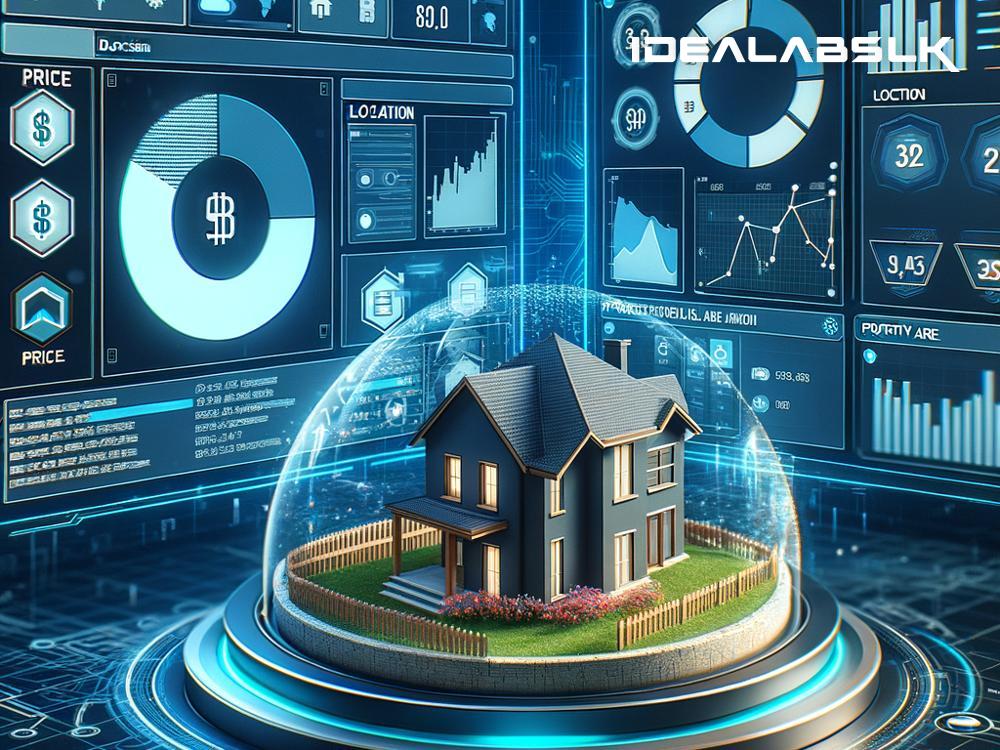Blockchain in Real Estate: Automating Property Sales Seamlessly
In a world that is increasingly embracing digital transformation, real estate—one of the oldest industries— is not lagging behind. Enter Blockchain, a technology that's promising to revolutionize property sales with a level of automation and security we've barely imagined until now. But before delving into how blockchain is changing the game, let's break down some basics.
What is Blockchain?
Imagine a digital ledger where transactions are recorded, duplicated, and distributed across a network of computers. This ledger is transparent, highly secure, and impossible to tamper with, thanks to cryptography. That's blockchain in a nutshell. It's the technology behind cryptocurrencies like Bitcoin, but its potential stretches far beyond, touching sectors like real estate.
Simplifying Property Sales with Blockchain
Traditionally, buying or selling property is a lengthy, paperwork-heavy process filled with intermediaries, including agents, banks, and lawyers. It's not just time-consuming but also expensive. Blockchain is poised to streamline and automate these transactions, making them faster, more secure, and less costly. Here's how:
- Smart Contracts: The Game Changer
At the heart of blockchain's disruption in real estate are smart contracts—self-executing contracts with the terms of the agreement directly written into code. These digital contracts automatically enforce and execute the terms of a sale when certain conditions are met, without the need for intermediaries. For instance, the transfer of property ownership can occur automatically once a payment is verified on the blockchain, significantly reducing the time and cost involved in these transactions.
- Tokenization: Making Real Estate Investment More Accessible
Blockchain enables the tokenization of property, which means dividing the property into digital tokens that represent a share of the property. These tokens can then be bought and sold on blockchain platforms. This not only makes investing in real estate more accessible to a broader audience by lowering entry barriers but also offers investors the flexibility to sell their shares whenever they want, without having to wait for a buyer for the entire property.
- Eliminating Fraud and Errors
The transparency and immutability of blockchain significantly reduce the risk of fraud and errors in property transactions. Since each transaction is recorded on a ledger that's accessible to all parties but cannot be altered without consensus, it's nearly impossible to tamper with property records. This ensures a level of security and trust in transactions that traditional methods struggle to match.
- Streamlining the Paperwork
Anyone who's bought a house knows the mountain of paperwork it involves. Blockchain can automate much of this process, securely storing documents on the blockchain for easy access and verification. This not only speeds up transactions but also makes them more secure, as documents are encrypted and can't be lost or tampered with.
The Road Ahead
While the potential of blockchain in real estate is enormous, its full-scale adoption faces hurdles. Regulatory challenges, technical complexities, and the need for widespread education among stakeholders about how blockchain works are significant barriers. However, as the technology matures and more success stories emerge, we're likely to see an increasing number of real estate transactions moving to blockchain.
In conclusion, blockchain is set to offer a new level of efficiency, security, and accessibility to real estate transactions. By automating property sales through smart contracts, enabling fractional ownership through tokenization, and ensuring the integrity of transactions, blockchain technology is not just simplifying the way we buy and sell properties but is also democratizing access to real estate investment. The road ahead is filled with promise, and while challenges remain, the potential benefits of blockchain in real estate make it a development worth watching.

